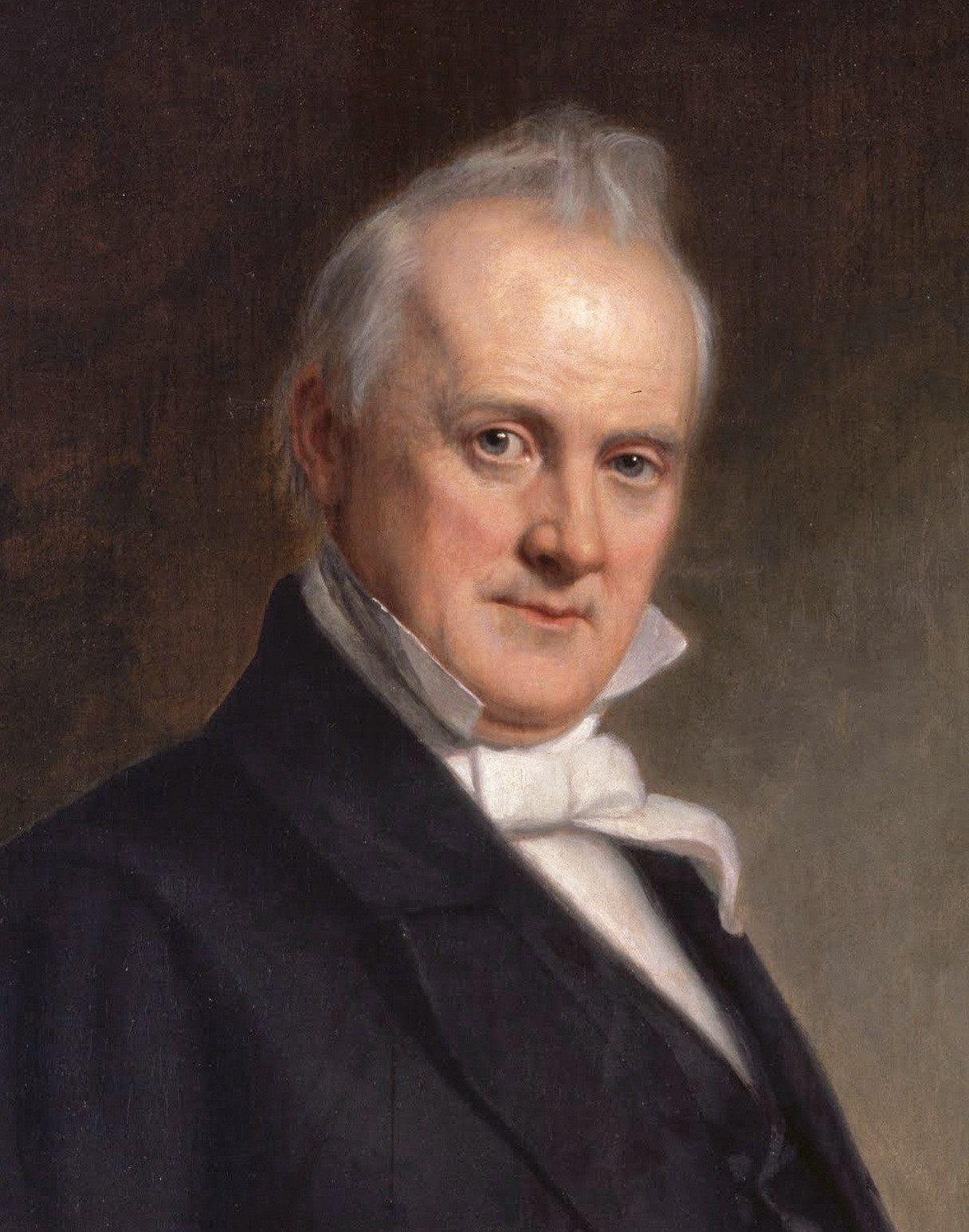The 15th President of the United States was James Buchanan, who served from 1857 to 1861. His presidency is often remembered for the escalating tensions that ultimately led to the Civil War. In this article, we will delve into Buchanan's life, presidency, and the historical context of his time, providing a comprehensive overview of his contributions and failures.
Born on April 23, 1791, in a small town in Pennsylvania, James Buchanan rose to prominence in American politics during a tumultuous period in the nation's history. His presidency was marked by significant challenges, including debates over slavery and states' rights. Despite his extensive political experience, Buchanan's term is frequently criticized for his inability to address the issues that would lead to the nation's division.
This article will explore various aspects of James Buchanan's life and presidency, including his early years, political career, key policies, and the events that defined his time in office. We will also examine how his actions have shaped historical perspectives on his leadership and the legacy he left behind.
Table of Contents
- Biography of James Buchanan
- Early Years and Education
- Political Career
- Presidency of James Buchanan
- Key Policies and Actions
- Challenges Faced During His Presidency
- Legacy of James Buchanan
- Conclusion
Biography of James Buchanan
James Buchanan was born to a prosperous family in Pennsylvania, where he received a classical education. He attended Dickinson College, graduating in 1809. Afterward, he studied law and quickly established a successful practice. Buchanan's early career was marked by his involvement in the Democratic Party, which he joined during its formation in the early 1820s.
| Personal Data | Details |
|---|---|
| Name | James Buchanan |
| Born | April 23, 1791 |
| Died | June 1, 1868 |
| Presidency | 1857 - 1861 |
| Political Party | Democratic Party |
Early Years and Education
James Buchanan's early years were spent in a politically active family. His father, a successful businessman, instilled in him the values of hard work and ambition. Buchanan excelled academically, which led him to Dickinson College. There, he studied law and developed a keen interest in politics.
Early Political Involvement
After graduating, Buchanan began his political career by serving in the Pennsylvania House of Representatives. His early experiences laid the foundation for his later roles in the federal government, including serving as a congressman and senator.
Political Career
Buchanan's political career spanned several decades, during which he held numerous significant positions. He served as a U.S. Congressman from 1821 to 1831, followed by a term in the Senate from 1834 to 1845. His diplomatic skills were recognized when he was appointed as Minister to Russia and later to Great Britain.
Influence in the Democratic Party
Throughout his career, Buchanan was a loyal member of the Democratic Party. He played a crucial role in shaping the party's policies, particularly regarding westward expansion and the contentious issue of slavery.
Presidency of James Buchanan
James Buchanan was elected as the 15th President of the United States in 1856, running on a platform that promised to maintain the Union and address the divisive issue of slavery. His election was seen as a victory for pro-slavery advocates.
Inauguration and Initial Challenges
Buchanan's inauguration took place on March 4, 1857. Soon after taking office, he faced challenges related to the Dred Scott decision, which heightened tensions between the North and South.
Key Policies and Actions
Buchanan's presidency was marked by several key policies that had lasting consequences for the nation. One of his most controversial decisions was his support for the Lecompton Constitution, which sought to admit Kansas as a slave state.
Lecompton Constitution Controversy
The Lecompton Constitution was a proposal that would have allowed Kansas to enter the Union as a slave state. Buchanan's support for this document alienated many in the North and contributed to the growing divide within the Democratic Party.
Challenges Faced During His Presidency
Throughout his presidency, Buchanan faced numerous challenges, including economic turmoil and increasing sectional tensions. The Panic of 1857, a severe economic depression, significantly impacted his administration's effectiveness.
Growing Division Over Slavery
The issue of slavery dominated Buchanan's presidency, culminating in the secession of several Southern states after his term ended. His failure to address the root causes of these divisions is often cited as a major shortcoming of his leadership.
Legacy of James Buchanan
James Buchanan's legacy is one of controversy and criticism. Historians often rank him among the least effective presidents in American history, primarily due to his inability to navigate the nation through its most challenging crisis.
Impact on the Civil War
Buchanan's presidency is often seen as a prelude to the Civil War. His policies and inaction contributed to the escalating tensions that ultimately led to the conflict, forever altering the course of American history.
Conclusion
In conclusion, James Buchanan, the 15th President of the United States, faced immense challenges during his presidency. His failure to effectively address the issues of slavery and states' rights left a profound impact on the nation and its history. As we reflect on his legacy, it is essential to learn from the past and understand the complexities of leadership during turbulent times.
We encourage readers to leave comments, share their thoughts on Buchanan's presidency, or explore other articles on our site for more insights into American history.
Final Thoughts
Thank you for reading! We hope you found this article informative and engaging. Please visit our site again for more quality content on historical figures and events.



